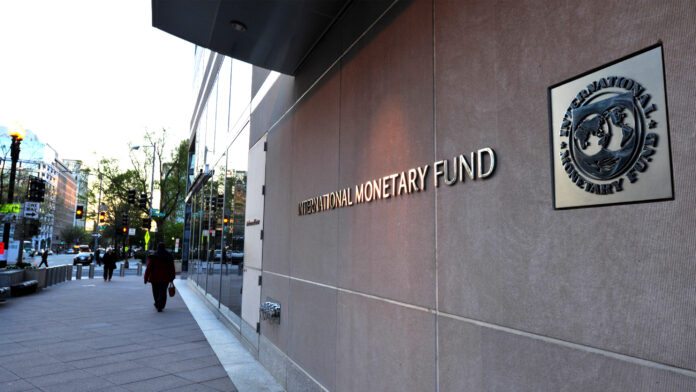ISLAMABAD: The International Monetary Fund (IMF) board has approved the 6th tranche of their $6 billion Extended Fund Facility program for Pakistan.
Federal Minister for Finance and Revenue Shaukat Tarin late Wednesday night took to social media site, Twitter, to make the announcement.
“I am pleased to announce that the IMF Board has approved the 6th tranche of their programme for Pakistan”.
The IMF will now transfer $1 billion dollar amount to Pakistan under the EFF program, bringing the total disbursements to about $3.02 billion.
It is pertinent to note that the IMF had set two prior conditions, approval of the Finance Supplementary Bill and the State Bank Amendment Bill, from parliament.
After dragging feet for eight months, the government of Prime Minister Imran Khan signed off all the conditions that it tried to resist first in June and then in October last year.
The government agreed to take Rs800 billion measures through a combination of cut in expenditures and imposition of about Rs500 billion in taxes, including Rs20 per litre fuel tax, to revive the stalled $6 billion IMF programme.
The Pakistan Tehreek-i-Insaf government managed to approve both bills from both houses of the parliament last week.
Under the Finance Supplementary Bill, the government, withdrawing the Rs343 billion exemptions, has imposed 17 per cent sales tax on around 144 items on the instruction of IMF.
On the other hand, the government has also given complete autonomy to the State Bank of Pakistan under the SBP Amendment Bill, 2021.
The federal government cannot borrow money from the central bank However, the government now can borrow at a market rate from commercial banks, which will benefit private banks owned by business elites.
Earlier, the government had decided to keep the Covid-19 expenditures audit report confidential in violation of the IMF agreement. The report has disclosed Rs40 billion irregularities in the PM’s Covid relief package.
In November last year, Tarin had admitted that as a result of the IMF’s condition, “difficulties of the lower income groups will increase marginally but targeted subsidies will be given”.
The inflation rate in January skyrocketed to 13 per cent -the highest in two years.
To qualify for the tranche, the Public Sector Development Programme was cut by Rs200 billion or 22 per cent and the “contingency grants” were reduced by Rs50 billion, Tarin had said in November.
The tax collection target of the Federal Board of Revenue (FBR) has been increased to over Rs6.1 trillion – an addition of roughly Rs350 billion
The revised petroleum development levy target is now Rs356 billion – down from Rs610 billion that the government had set in the budget.
Pakistan will have to ensure a primary budget surplus after paying the cost of debt servicing against the budget target of Rs376 billion deficit, requiring strict fiscal discipline that would have severe implications for the economy.
It is worth mentioning that the IMF and Pakistan on November 21, 2021, had reached a staff-level agreement on policies and reforms needed to complete the sixth review under the EFF but the agreement was subject to approval by the Executive Board, following the implementation of prior actions, notably on fiscal and institutional reforms.




